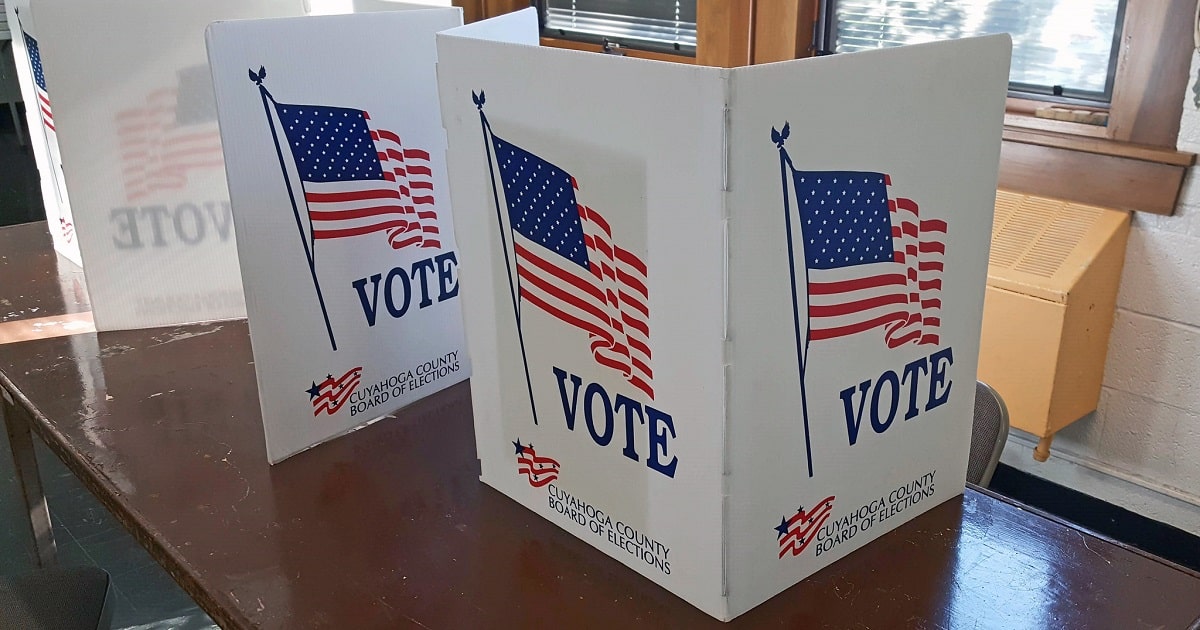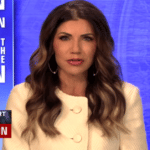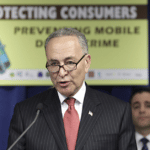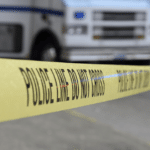



President Donald Trump has dropped a bombshell by signaling strong support for branding antifa as a domestic terrorist organization, a move that could reshape the fight against political violence.
In a series of candid exchanges with reporters at the White House on Monday, Trump addressed the escalating tensions following the tragic assassination of conservative activist Charlie Kirk last week, while also touching on legal actions and his plans to honor Kirk at an upcoming memorial.
The Washington Examiner reported that Trump’s stance on antifa isn’t new; he pushed for this designation during his first term amid the chaos of protests after George Floyd’s death.
The idea resurfaced now as political violence spikes, with Kirk’s death serving as a grim reminder of the stakes. It’s hard to ignore the timing, as many conservatives see antifa as a shadowy force behind much of the unrest.
“It’s something I would do, yeah,” Trump declared when pressed about labeling antifa a terrorist group. Well, that’s as clear as day—Trump isn’t mincing words, and for many on the right, it’s about time someone took a hard line against groups accused of stoking chaos.
The assassination of Charlie Kirk, a prominent conservative voice, has thrust this debate into the spotlight. Trump didn’t hold back, suggesting Kirk’s alleged killer, Tyler Robinson, might have been “radicalized on the internet”—a chilling thought in an age where online echo chambers can turn dangerous.
While Trump caveated this as his opinion, it’s a stark warning about the digital battleground conservatives often feel they’re losing to progressive agendas.
Adding to the somber tone, Trump revealed he’s likely to speak at Kirk’s funeral next Sunday at Arizona’s massive State Farm Stadium, which holds 63,000 people.
For a president to step into such a personal moment speaks volumes about Kirk’s impact on the conservative movement. It’s a gesture of solidarity that many on the right will see as a stand against the violence targeting their own.
Beyond antifa, Trump hinted at aggressive legal measures, saying he’s been discussing with the attorney general the possibility of using RICO charges against those funding political agitation. If that’s not a shot across the bow, what is? It’s a bold play to target the money behind the mayhem, though skeptics might argue it risks overreach in a nation already on edge.
Shifting gears, Trump also signed a presidential proclamation to form a task force tackling crime in Memphis, at the request of Tennessee’s Republican Gov. Bill Lee.
This marks the first such request from a GOP governor, signaling a coordinated push to restore law and order in troubled areas. For conservatives, it’s a welcome focus on safety over social experimentation.
Trump didn’t stop there—he teased plans to expand similar crime-fighting efforts to cities like Chicago, St. Louis, and New Orleans. It’s a sweeping vision that resonates with those fed up with urban decay often blamed on progressive policies. But will these task forces address root causes, or are they just a political flex?
On the international front, Trump denied claims from Israel that they tipped him off about a strike against Qatar last week. It’s a curious sidestep, raising questions about transparency in foreign policy. For many on the right, though, it’s just another reminder of the complex web Trump navigates while prioritizing America first.
Looking ahead, Trump previewed a call with Chinese President Xi Jinping on Friday concerning TikTok, though he remained tight-lipped on whether China would keep a stake in the platform.
It’s a high-stakes conversation, as conservatives worry about foreign influence through social media. The outcome could be a litmus test for how Trump handles Big Tech and global rivals.
Trump’s packed Monday at the White House also included a nod to potential trade deals with China, suggesting they could “bring us closer” to Beijing.
That’s a surprising olive branch from a leader who’s often hawkish on China, and it’s bound to raise eyebrows among MAGA supporters who prioritize tough economic stances. Is this pragmatism or a risky pivot?
Meanwhile, Trump’s legal battles linger, with charges under Georgia’s RICO Act tied to allegations of meddling in the state’s 2020 election results.
It’s a reminder that even as he tackles antifa and crime, his own controversies remain a lightning rod. For conservatives, it’s often seen as a witch hunt, but it undeniably distracts from his policy agenda.



